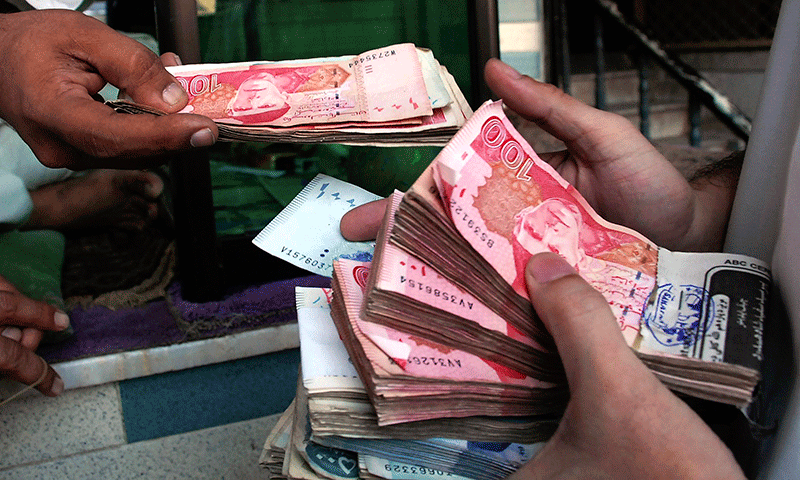ISLAMABAD: The government is likely to make changes to a constitutional provision regarding the transfer of judges from one high court to another without seeking their consent.
Sources privy to deliberations held in the law ministry said that an amendment to Article 200 of the Constitution — which pertains to the transfer of high court judges — is one of the components of the so-called ‘Constitutional Package’ being finalised by the government’s legal hawks.
According to the existing law, the President “may transfer a judge of a High Court to another High Court, but no judge shall be so transferred except with his consent and after consultation by the President with the Chief Justice of Pakistan and the Chief Justices of both High Court”.
Sources said the proposed amendment to this article would omit the word “his consent”. Subsequently, the government with the consultation of the CJP and the chief justices of the borrowing and lending courts could be able to transfer a judge.
Proposed tweak draws mixed response from experts; govt denies bill under study
It may be recalled that initially, a proviso to the said article, added to the Constitution through 5th Amendment, allowed the President to transfer a judge without his consent or consultation “if such transfer is for a period not exceeding [two years] at a time”.
However, 18th Amendment omitted this proviso and made the transfer conditional with the consent of the judge.
There were some judges in the past who were transferred from one high court to another. In February 2008, Justice Sardar Mohammad Aslam of the Lahore High Court was transferred to the Islamabad High Court, while in 2009 LHC’s Justice M. Bilal Khan was transferred to the IHC as its chief justice.
The IHC was then abolished as it was constituted under the Provisional Constitution Order (PCO) issued by retired Gen Pervez Musharraf.
After the IHC’s re-establishment under the 18th Amendment, another judge of the LHC, Justice Iqbal Hameedur Rehman, was made chief justice of the IHC.
In recent past, days before the retirement of IHC Chief Justice Mohammad Anwar Khan Kasi, judges of the LHC and the Balochistan High Court (BHC) were considered for the top post.
However, the lawyers’ bodies demanded that a judge from within the IHC be made its chief justice. Ultimately, Justice Athar Minallah was elevated to that position.
Senior lawyer Raja Inam Ameen Minhas said Article 200 was in accordance with rules for posting/transfer of civil and military bureaucracy.
He opined that the word “consent” has virtually made this constitutional provision dormant as a judge consents for his transfer if it translates in his promotion, adding that there is no instance of parallel shuffling.
He said the legislature had incorporated this article in the Constitution with the intent to empower the President and chief justices to post the high court judges.
Riasat Ali Azad, president of the Islamabad High Court Bar Association (IHCBA), on the other hand said that though lawyers of federal capital were seeking rotation of the judges of the district judiciary since long, they may not support any amendment to the constitutional provision for the transfer of high court judges at this particular juncture.
He alleged that the government was apparently amending the law with a mala fide intention. He, however, said that it would be acceptable if the government would introduce it some other time after consultation with relevant stakeholders. He said the ruling coalition lacks two-thirds majority to amend the Constitution, adding that several previous legislations are still in the pipeline.
A senior government official told Dawn that the bill is likely to be placed before the parliament soon.
He claimed the ruling coalition would manage to get the bill passed from both houses of parliament.
Informed sources said that the government’s legal advisers are silently working on the matter and the draft amendment has already been prepared.
When contacted for comment, Law and Justice Ministry Secretary Raja Naeem Akbar expressed ignorance about the development.
He told Dawn that he had not been instructed to draft the legislation.
Another official of the ministry, on the other hand, said it’s the ministry’s job to make proposals for legislation. He said the ministry sometime seeks input from the relevant quarters for proposed amendments to key constitutional provisions.
However, he added, this does not mean the ministry would table a bill based on every opinion it sought from relevant quarters.
Published in Dawn, August 25th, 2024












































